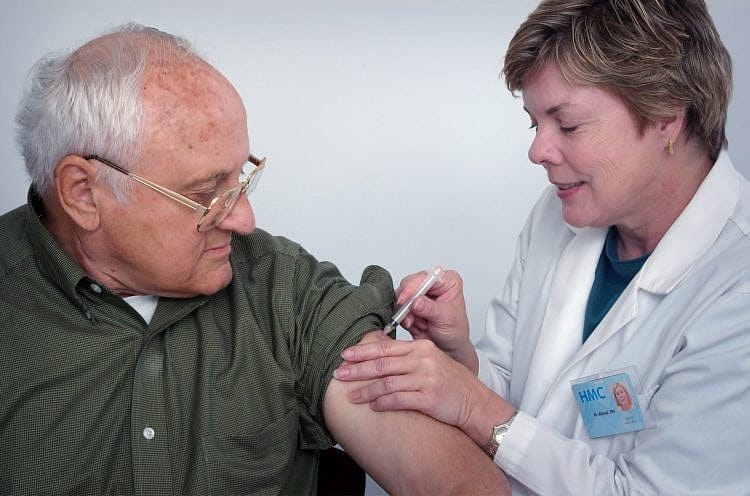Mass General Brigham Can Suspend Workers Without Pay For Refusing Coronavirus Vaccine, Judge Says

Mass General Brigham can continue to deny religious and medical exemptions for the business's coronavirus vaccine mandate, for the time being, a federal judge from the United States District Court for the District of Massachusetts ruled late Wednesday morning.
Judge F. Dennis Saylor IV said the hospital was within its right to try to provide safe facilities during a pandemic that has killed more Americans than World War II. He denied the plaintiff's request for a preliminary injunction but said he wants more information about the hospital's vaccination exemption application process before making a final ruling.

